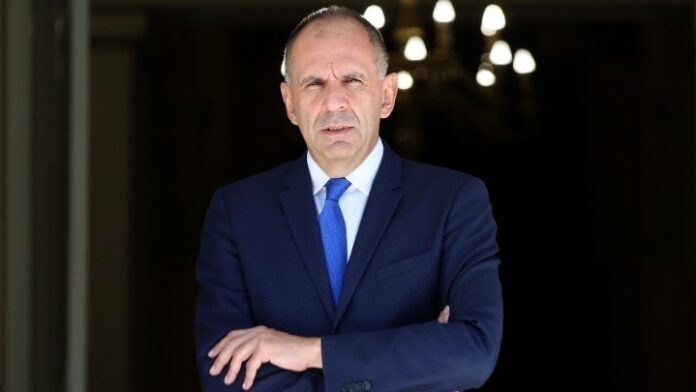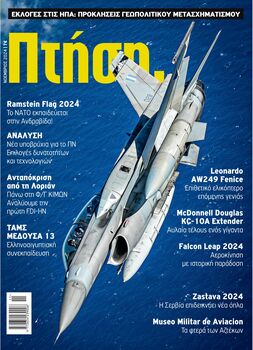Greek diplomacy consistently acts in the nation’s best interest, Foreign Minister Giorgos Gerapetritis emphasized in an interview with (mononews.gr) and he referred extensively to all the latest international developments concerning Greece.
Regarding the SAFE regulation, he said that it is clear that the European Union is adopting a more geopolitical character, which means that European defense should be strengthened.
“In this context, the Union chooses to open its market to third states, whether they are countries that are in accession status or third countries, such as the United States and the United Kingdom. However, this is not done comprehensively and horizontally, nor indefinitely. The SAFE Regulation determines the procedure and participants in a specific four-year European program totaling 150 billion. As for the entry into force of the Regulation, Greek diplomacy has performed its duty excellently,” he said.
He clarified that the SAFE Regulation, in accordance with the Treaty on the Functioning of the European Union, is voted on by qualified majority, meaning that 15 out of the 27 Member States representing 65% of the total population of the Union are sufficient.
“In this regard, the rhetoric that Greece did not close the door to Turkiye is, at best, ignorance and at worst, political opportunism. It is also completely inaccurate that Greece did not maintain a strong stance during the process of passing the Regulation. The reality is that the vast majority of European Union member states want an arms market that is as open as possible, so that there is greater competition and ultimately cheaper defense supplies,” Gerapetritis said.
“Nevertheless, we achieved two changes, which are absolutely decisive for Greece. The first change, which we requested and ultimately imposed, was that third countries should not be automatically included in the armament’s programs, but that in order for them to be eligible, a bilateral agreement between the European Union and the third country must precede it. This agreement requires unanimity. The second change we achieved is that there should be an explicit reference that, in these bilateral agreements, if and whenever they are drawn up in the future, the national security issues of the member states should be considered. And if this is the case, at the discretion of each state, the right of veto will be activated. Therefore, in a negotiation of a regulation that could, due to the qualified majority, bypassing our own reservations, automatically and unconditionally include every third member state in the defense programs, we essentially created a veto and put the national interests of all member states at the forefront. Anyone who thinks that the negotiation was not beneficial for the country should think again.”










